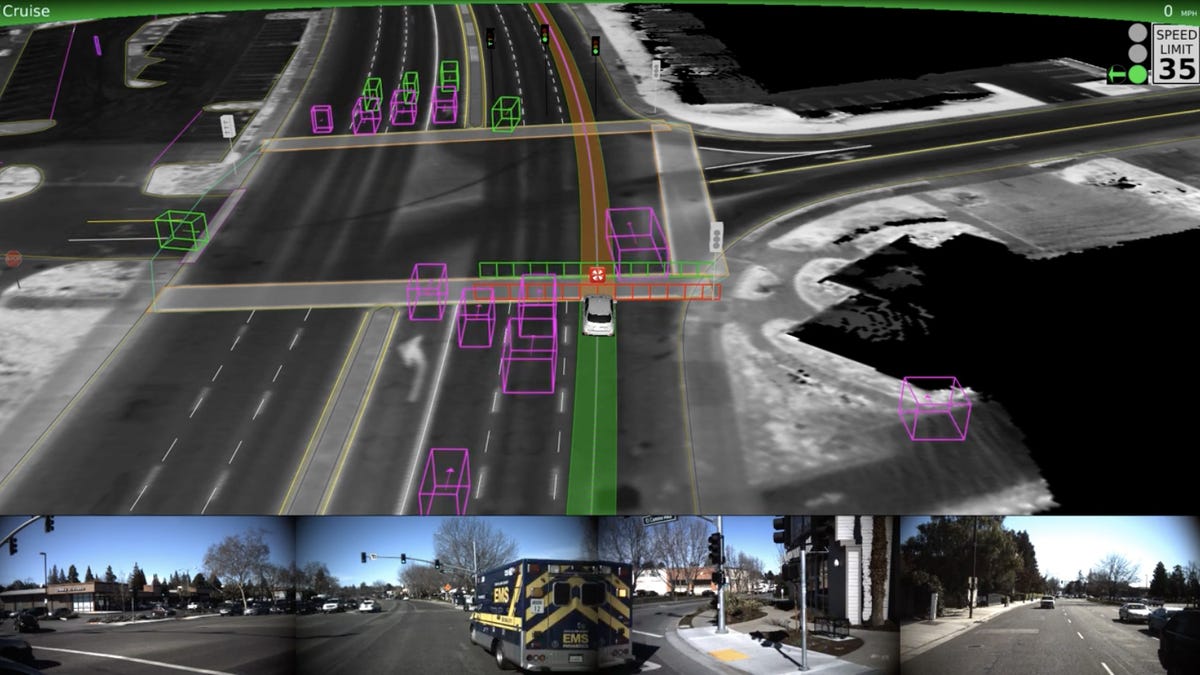The near future of self-driving cars could be decided on Wednesday
The draft legislation being considered could prevent states from imposing their own regulations on autonomous vehicles.

Self-driving cars could be free to roll out onto roads across the country if draft legislation being considered in committee eventually becomes law.
A US House of Representatives subcommittee is set to vote on Wednesday. The draft legislation it'll vote on is aimed at hastening the development of self-driving cars, Reuters reports.
The legislation would allow automakers to introduce up to 100,000 self-driving vehicles without requiring those vehicles to adhere to federal vehicle safety standards, including a rule that bars the sale of vehicles without controls for human drivers. It would also prevent states from establishing regulations that would prevent these deployments.
Waymo's self-driving Chrysler Pacificas -- coming soon to a public road near you?
If it passes committee, the legislation has a long way to go before becoming law. It would still have to pass through both the House and Senate before landing on the president's desk, where it can be signed into law. Times are tumultuous in Congress right now, but concessions have been made to lawmakers on both sides of the aisle, which should aid its passage.
The bill contains some other requirements that aren't necessarily related to self-driving cars. The 30-page draft legislation considers setting performance standards for headlights, likely similar to what the Insurance Institute for Highway Safety is doing in its testing. It would also require the Department of Transportation to push for mandated rear-seat safety systems, which could help prevent children from being left behind in hot cars, which can be fatal.
This legislation will likely be seen as a victory for self-driving-car manufacturers, many of which have lobbied the government to reduce onerous state-level regulation and speed up the deployment of autonomous vehicles.
Right now, self-driving vehicles are not explicitly legal in a wide swath of the country, but this legislation would change that. States wouldn't be allowed to limit deployment or set performance standards, but they'd still be in charge of licensing, insurance and registration.
In September 2016, the Obama administration released a set of voluntary guidelines for self-driving cars. The guidelines include a 15-point "safety assessment" that automakers would submit when it's believed a car is ready for public roads. Elaine Chao, the Trump administration's Secretary of Transportation, has signaled that she will revisit these guidelines in the near future, as well.

